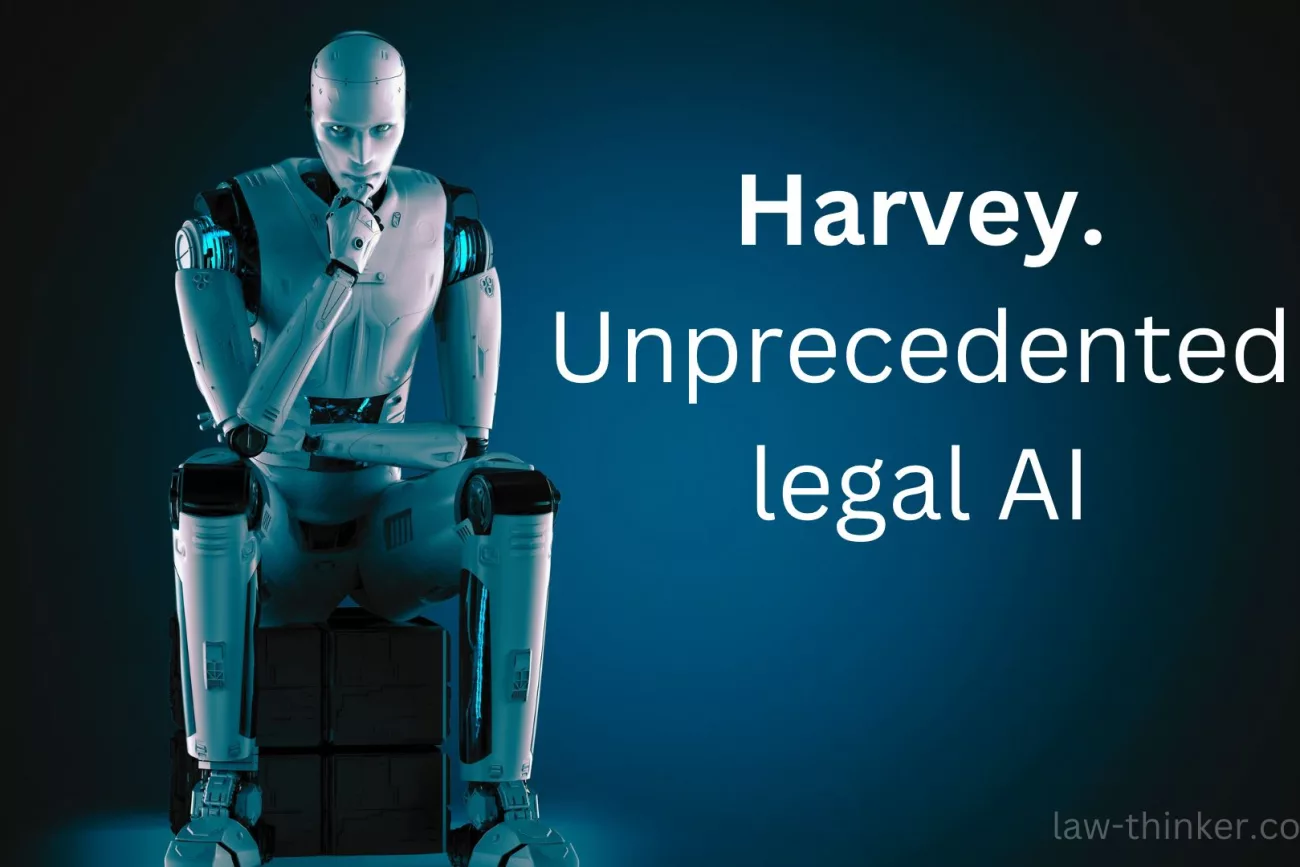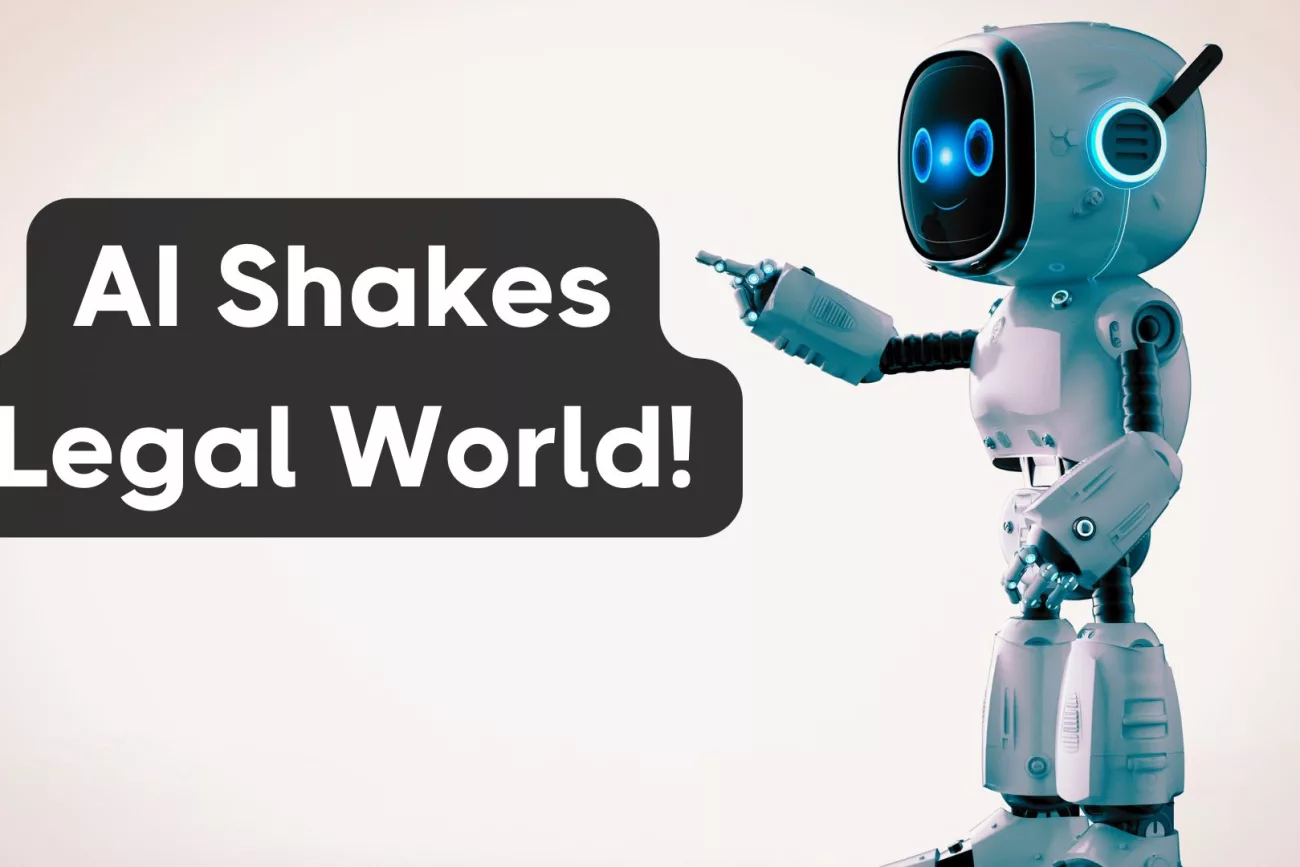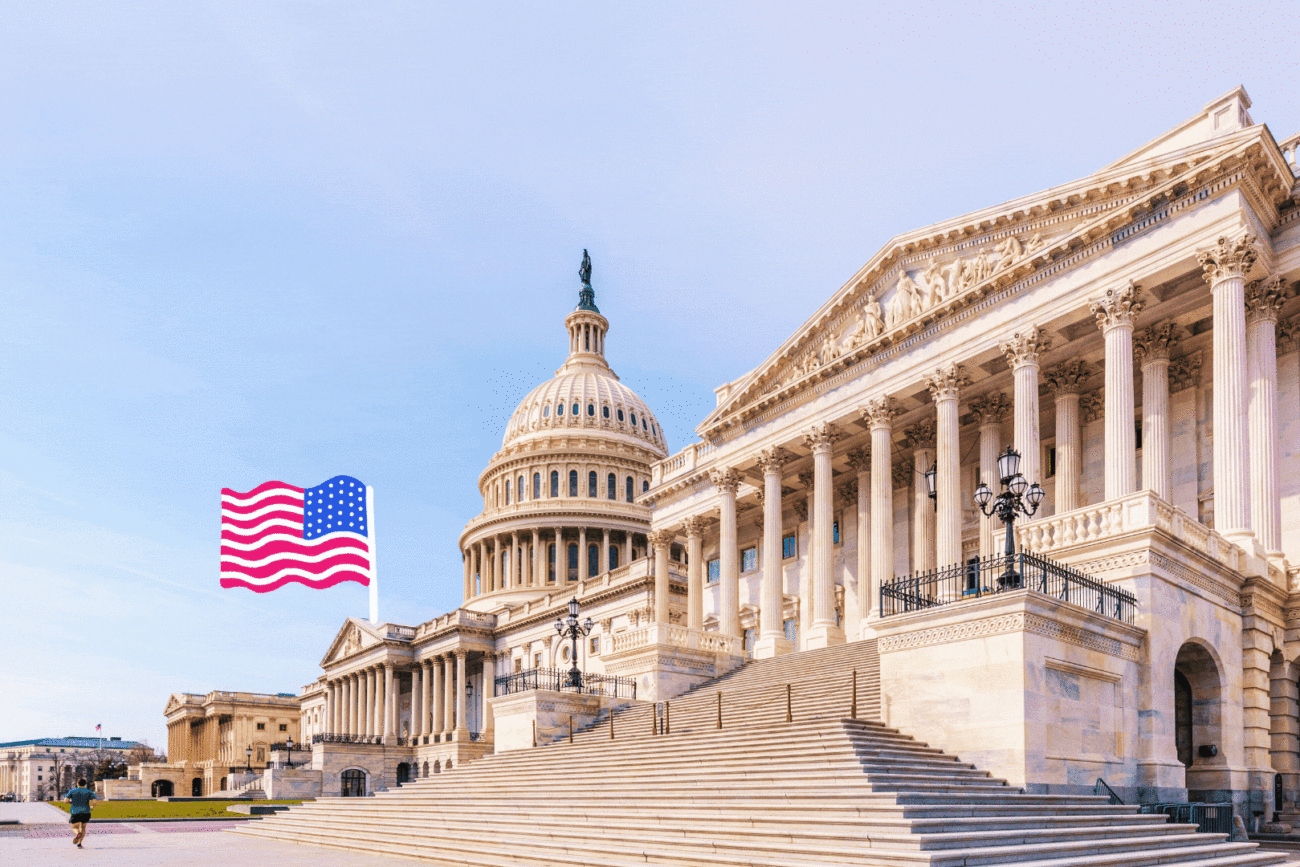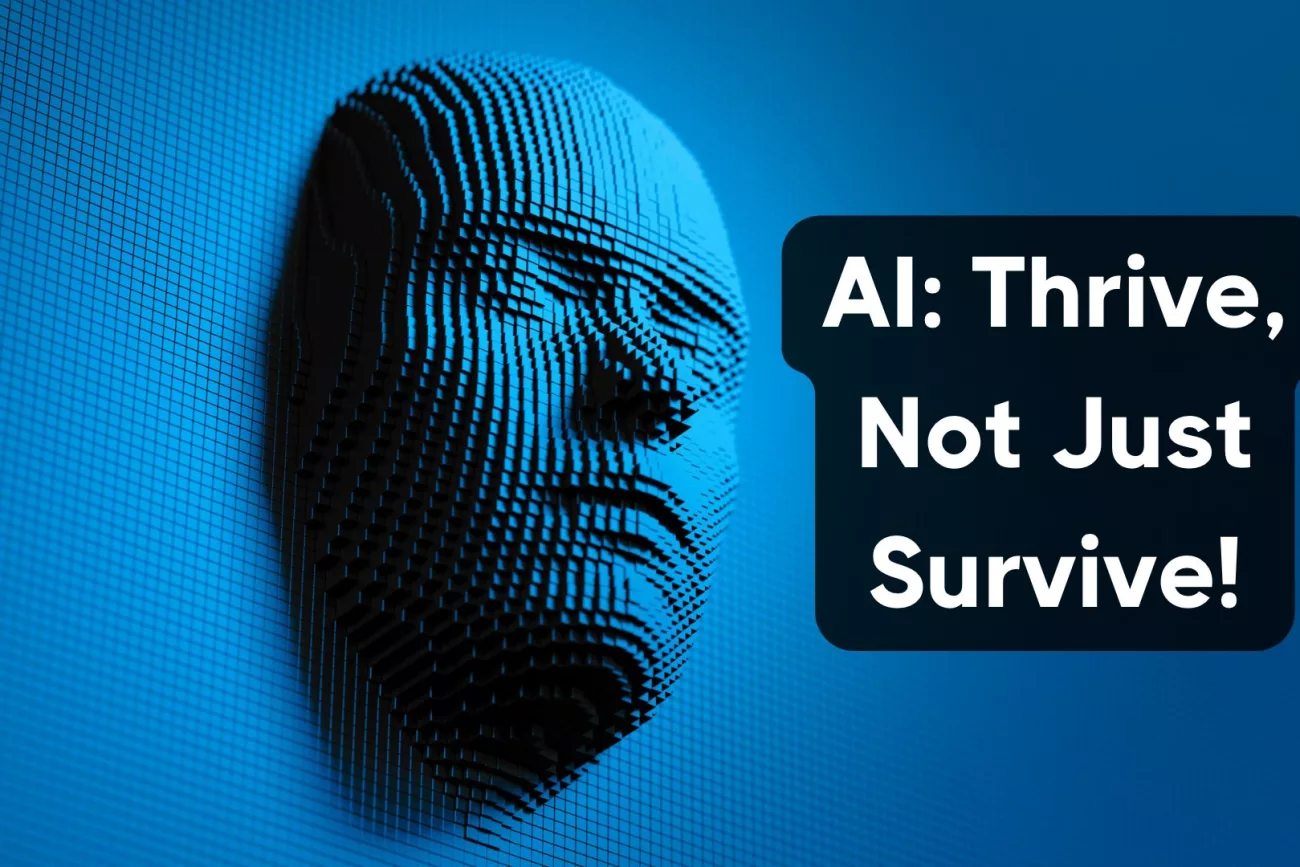
Key Points:
- The Paradox of Progress: AI is the new locomotive, pushing the boundaries of regulation and revolution.
- The AI Act and AI Code of Conduct: Early steps towards global AI oversight, but non-binding standards leave gaps.
- An Arena of Debate: The world is divided, debating AI as a societal threat versus a trailblazer for opportunities.
- Adaptability as a Legal Compass: Lawyers must guide clients in integrating adaptable IT infrastructures for seamless global AI regulatory compliance.
Global AI Regulation: The Adaptability Imperative 🌍
Hey Legal Eagles 🦅,
Welcome to the thrilling rollercoaster world of AI, where the only constant is the robust change. The ongoing AI revolution, featuring stars like ChatGPT and Google’s Bard, is not just buzzing but also bewildering the corridors of power and justice.
The Paradox of Progress
In the epoch of locomotives, the British Parliament’s Red Flag Act of 1865 manifested the society’s trepidation towards uncharted technological terrains. The Act, albeit seemingly absurd now, mirrored the prevalent apprehensions of the era. Fast forward to the 21st century; AI is the new locomotive, and the world is once again at the crossroads of revolution and regulation. The question looms: Are we ready?
The AI Act: A Leap or a Stumble?
The European Commission’s ambitious AI Act, the U.S., and the U.K.’s prospective regulatory frameworks, signify the embryonic steps towards global AI oversight. However, the path is strewn with both opportunities and obstacles. The AI Code of Conduct, a brainchild of the U.S. and EU collaboration within the Trade and Technology Council, represents a well-intentioned endeavor for global AI governance. Yet, the non-binding nature of these standards leaves much to be desired.
An Arena of Debate 🔥
Are we on the brink of a harmonized global AI oversight, or will we plunge into a labyrinth of disjointed, fragmented regulations? The diverse standpoints within the European Parliament signify the polarized international perspectives on AI regulation. The dichotomy between viewing AI as a societal threat versus a trailblazer for unparalleled opportunities is not merely a debate but a global dilemma.
The Unseen Icebergs
The AI world is an uncharted ocean with unseen icebergs. The Schrems Judgment on the Privacy Shield illustrates the conundrums of varied, sometimes conflicting, global regulations that could echo within the AI spectrum, escalating the complexity for global corporations.
Adaptability: Your Legal Compass
Lawyers, this is your clarion call! In this turbulent sea, adaptability is your trusted compass. Your legal strategies and perspectives must be as agile as the technologies you are navigating.
Be the Beacon: Guide your clients in integrating adaptable IT infrastructures for seamless compliance with global AI regulations.
Data Governance is Key: Ensure robust data governance to meet diverse regional standards and interpretations.
Stay Informed: Keep abreast of global AI regulatory developments to offer timely, informed counsel.
Global Traffic Rules: A Ray of Hope? 🚦
In the world of vehicular traffic, global consensus on regulations emerged as a beacon of coordination amidst chaos. Can AI follow suit? The AI Act and other regulatory initiatives are under the global scanner. If successful, the gradual adoption of harmonized regulations could be a reality, mitigating the risk of a regulatory babel.
Be the Change
In this epoch of AI, be the harbinger of informed change. Engage in the global dialogues, contribute to the debates, and steer the discussions towards a harmonized, coherent global AI regulatory framework. Your role is pivotal in ensuring that AI, unlike the historic Red Flag Act, augments innovation rather than stifling it.
Join the Conversation 🗣
Are you prepared to navigate the AI regulatory maze? What are your thoughts on global AI regulation? Dive into the debate and share your insights. Let’s ensure AI not only revolutionizes our world but does it responsibly and ethically.
👉 Sign Up for Our Exclusive Newsletter!
Stay ahead of the curve with cutting-edge insights, legal perspectives, and AI regulation updates delivered straight to your inbox. Subscribe here.
Let’s embark on this odyssey together, ensuring AI revolutionizes the world while upholding the principles of justice, equity, and ethical responsibility. Until the next whirlwind update, stay agile, informed, and engaged!
Share this post
Frequently Asked Questions (FAQs)
Q: What is the AI Act?
A: The AI Act is the European Commission’s ambitious proposal towards global AI oversight, aiming to establish a unified regulatory framework.
Q: What is the AI Code of Conduct?
A: A non-binding set of standards by the US and EU within the Trade and Technology Council, aimed at global AI governance.
Q: What challenges do global AI regulations present?
A: Diverse, sometimes conflicting, global regulations echo within the AI spectrum, escalating the complexity for global corporations.
Q: Why is adaptability crucial for legal strategies in AI?
A: Given the fluctuating AI regulatory landscape, legal strategies must be agile to ensure seamless compliance and robust data governance.
Q: Can AI follow the path of global traffic rules?
A: AI is under the global scanner. Successful regulatory initiatives could lead to the gradual adoption of harmonized regulations.













